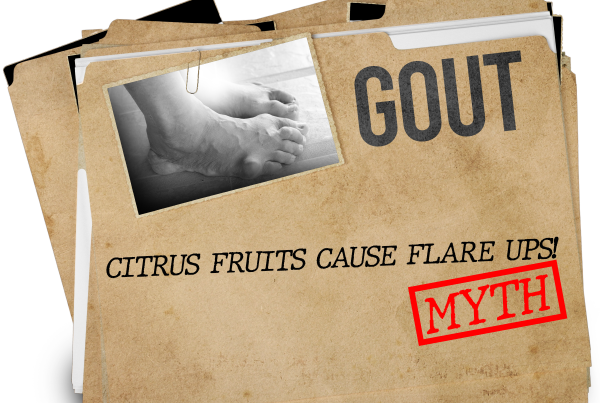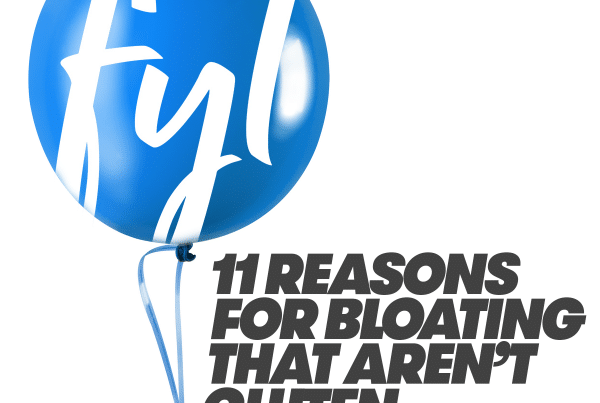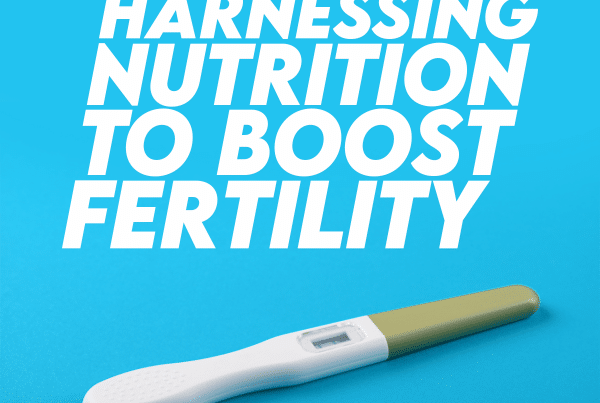Diverticular disease occurs when pouches or sacs called ‘diverticula’ form in the large intestines (colon). When the pouches become inflamed this is commonly referred to as a ‘flare’. This often causes considerable symptoms including pain, cramping and a change in bowel habits.
Risk Factors
The likelihood of developing diverticular disease does increase as we age. However, there are risk factors which we can control to try to reduce the incidence of this disease:
- Smoking – Smokers have higher rates of diverticular disease than non-smokers as well as higher rates of hospitalization
- Alcohol – People consuming more than 4 standard drinks per day were found to have a greater likelihood of being hospitalized for diverticular disease
- Physical inactivity – People who participate in regular physical activity, particularly vigorous physical activity reduces the risk of diverticulitis by 25% and diverticular haemorrhage by 46%
- Overweight/Obese – Individuals with a BMI>30 have been shown to have a higher risk of haemorrhage and hospitalization associated with diverticular disease than those within the healthy weight range.
Common Myths
Unfortunately, the management of Diverticular Disease is commonly misunderstood in the medical field, which has resulted in confusion and misinformation among those with this condition. We’ve collated the most common myths and debunked them for you:
“You should avoid nuts”
There is no evidence to support this statement. In fact, research shows that eating nuts and popcorn twice per week actually reduces the risk of diverticular disease by 20-27%.
“Avoid foods with seeds such as strawberries and tomatoes”
Again, there is no evidence to support this. These foods can be consumed as part of a healthy diet and do not increase the risk of a flare.
“You must avoid high fibre foods at all times”
No evidence suggests that limiting fibre intake reduces the risk of flares. However, when you are experiencing symptoms of Diverticular Disease, it is best to avoid high fibre foods to help ease symptoms.
Our Advice for Diverticular Disease Flare-Ups
While limiting fibre during a flare can help to reduce unwanted symptoms, there is no need to limit fibre-rich foods outside of this.
In fact, consuming adequate fibre is beneficial for so many aspects of your health, including promoting healthy gut bacteria, maintaining regular bowel patterns and reducing the risk of chronic diseases.
During a flare, we suggest the following:
- Reduce fibre-rich foods – Swap wholegrain bread/cereal for white. E.g., white bread, pasta or lower fibre cereals such as rice bubbles.
- Limit high fibre vegetables and fruits (and peel them before eating!) – Opt for melons, canned fruits and well-cooked potato, pumpkin, zucchini.
- Drink adequate fluids – This will help with bowel regularity and help reduce the risk of food being trapped in the pouches
There are many aspects of the diet that can assist in reducing the symptoms associated with diverticular disease.
If you’d like to learn more about how to optimise your physical and mental health with food, explore our latest online nutrition programs. The self-guided courses were developed by Fuel Your Life’s Accredited Practising Dietitians and focus on improving your life, work performance and mental health. For more personalised nutritional advice, chat with one of our experienced dietitians and get started today.







